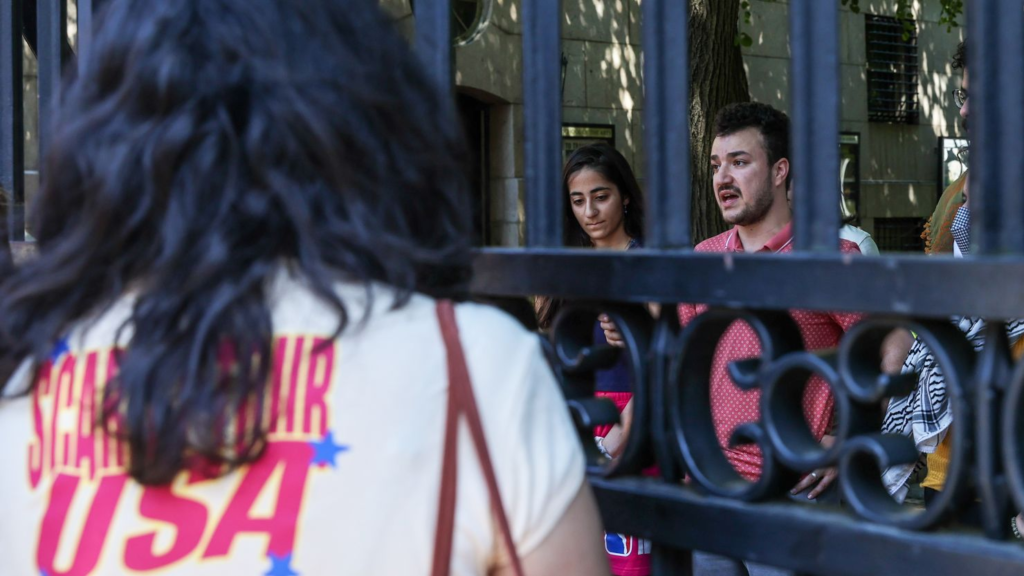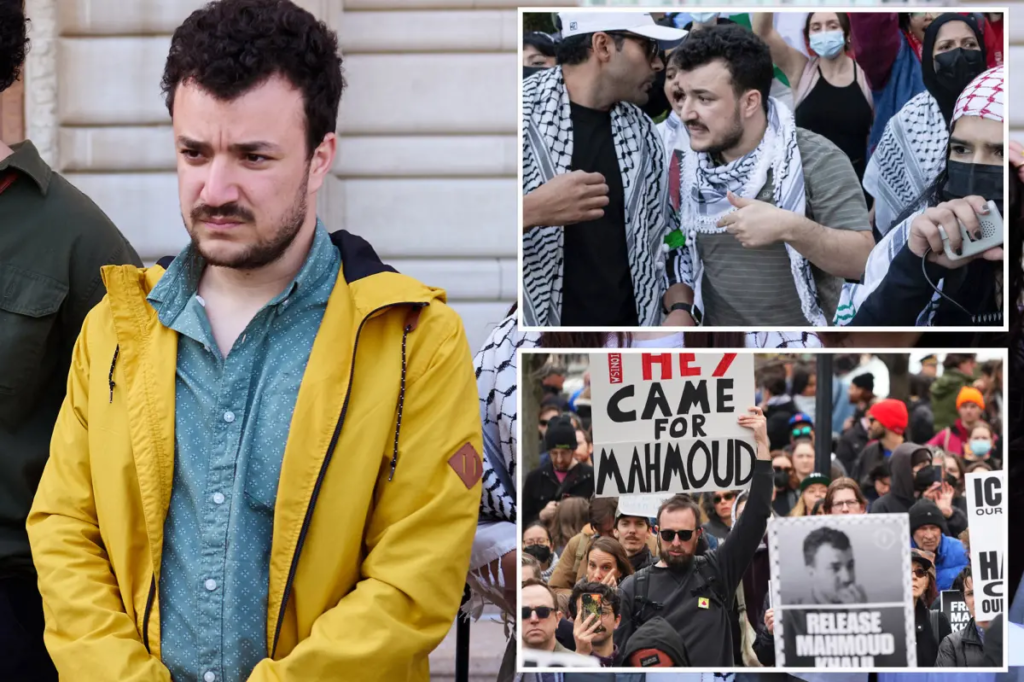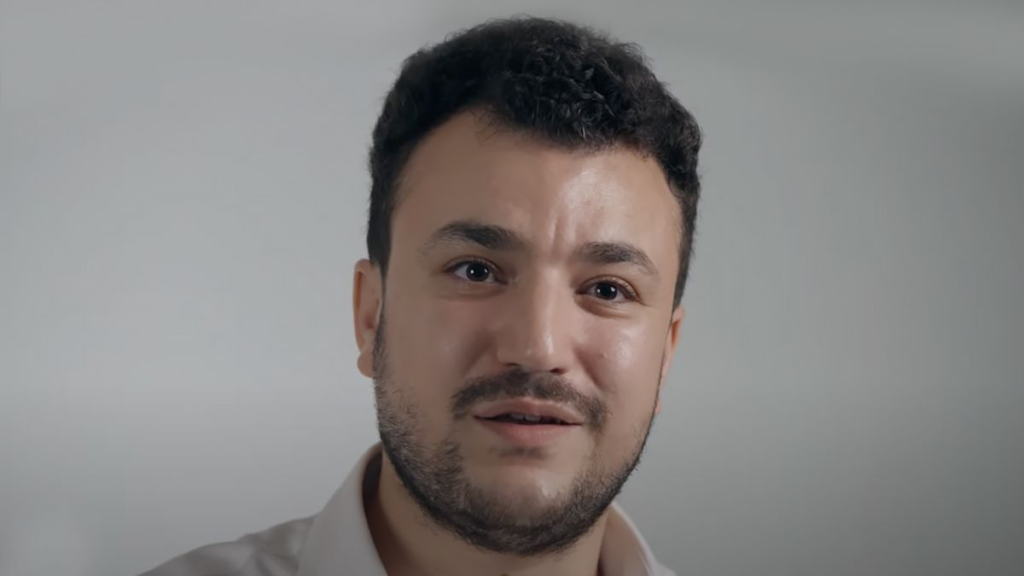Columbia Graduate Mahmoud Khalil Can Be Deported, Rules US Judge
Mahmoud Khalil is an Egyptian national who came to the United States of America on a student visa for Columbia University. He was accused of having connections with the Egypt based Muslim Brotherhood, an organization designated as terrorist by several countries. He was arrested under these allegations and recently a judge ruled that he can be deported from the country. Judge decided that Mahmoud Khalil had violated visa regulations and determined his removal from country after a lengthy legal battle.

Proceedings of Khalil’s Case
Accusations made by the prosecutors said that Mahmoud Khalil denied his past associations with the alleged banned organization. They added that he did not disclose his ties while applying for his student visa. Meanwhile, Khalil’s defense team pointed out his excellent academic record and clean criminal history to show that the case against him was politically motivated. Despite the best efforts of defense, the judge found appropriate basis for his deportation.

Reactions of Activists
Civil rights groups have condemned the decision, calling it an overstretching of immigration laws. The Council on American-Islamic Relations (CAIR) branded the ruling as a design to target Muslim students. On the other hand, followers of harsher immigration controls commended the decision, pointing to the national security concerns.

Future of International Students
Mahmoud Khalil’s case has received a lot of media hype and it has raised concerns among many international students. They fear they will have to face increased scrutiny of visa applications and political associations. More cases of such nature might be in pipeline, warn legal experts, which could deter talented students from studying and making a future in America.
What’s next for Mahmoud Khalil?
Khalil’s case shows a blend of numerous issues of immigration laws, national security, civil rights and academic freedom in the United States. Next stopover for the Khalil’s legal team is to appeal the decision, but if it upholds, he will be deported to Egypt. His troubles might not end there as Egypt is notorious for crushing dissent.

The decision highlights debates over international students’ freedoms and immigration laws in the context of geopolitical strains.







